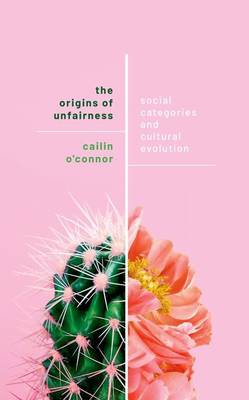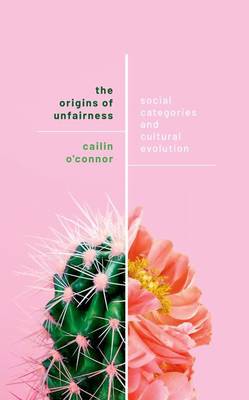
Bedankt voor het vertrouwen het afgelopen jaar! Om jou te bedanken bieden we GRATIS verzending (in België) aan op alles gedurende de hele maand januari.
- Afhalen na 1 uur in een winkel met voorraad
- In januari gratis thuislevering in België
- Ruim aanbod met 7 miljoen producten
Bedankt voor het vertrouwen het afgelopen jaar! Om jou te bedanken bieden we GRATIS verzending (in België) aan op alles gedurende de hele maand januari.
- Afhalen na 1 uur in een winkel met voorraad
- In januari gratis thuislevering in België
- Ruim aanbod met 7 miljoen producten
Zoeken
The Origins of Unfairness
Social Categories and Cultural Evolution
Cailin (Associate Professor, Associate Professor, University of
Paperback
€ 27,95
+ 55 punten
Omschrijving
In almost every human society some people get more and others get less. Why is inequity the rule in human societies? Philosopher Cailin O'Connor reveals how cultural evolution works on social categories such as race and gender to generate unfairness
Specificaties
Betrokkenen
- Auteur(s):
- Uitgeverij:
Inhoud
- Aantal bladzijden:
- 240
Eigenschappen
- Productcode (EAN):
- 9780192884275
- Verschijningsdatum:
- 27/10/2022
- Uitvoering:
- Paperback
- Afmetingen:
- 214 mm x 133 mm
- Gewicht:
- 318 g

Alleen bij Standaard Boekhandel
+ 55 punten op je klantenkaart van Standaard Boekhandel
Beoordelingen
We publiceren alleen reviews die voldoen aan de voorwaarden voor reviews. Bekijk onze voorwaarden voor reviews.









